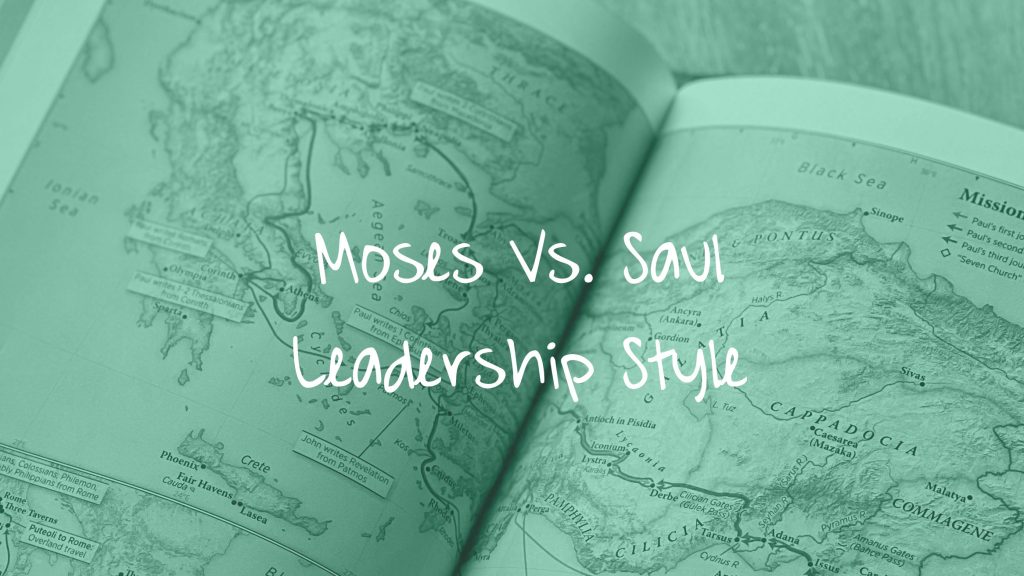|
Getting your Trinity Audio player ready...
|
I beg you, live the way people should live who have been called by God (Ephesians 4:1, WE).
All of us have been called to salvation, and all of us have a specific calling in which to serve Jesus.
There are two opposite reactions after receiving our calling – the reluctant response and the over-eager response.
Moses was a reluctant leader. After listening to God’s calling through a burning bush, Moses said, “Oh, my Lord, please send someone else” (Exodus 4:13, ESV).
Saul, who became the Apostle Paul, had a different response. After his calling during a bright light experience, and then being told by Ananias that he was to take God’s message to the Gentiles, Paul immediately began preaching to the Jews, with the result …
When many days had passed, the Jews plotted to kill him, but their plot became known to Saul. They were watching the gates day and night in order to kill him, but his disciples took him by night and let him down through an opening in the wall, lowering him in a basket (Acts 9, ESV).
Moses said, “send someone else,” while Paul had to escape in a basket – examples of the reluctant and overeager responses to calling.
How about us? How do we respond? Are we reluctant or over-eager?
I qualify as “over-eager!” I’m so excited to serve God that I tell Him what needs to be done. If He says take one step, I prove my faithfulness by taking three steps. If God says, “Slow down,” then I discuss with Him, “Why?”
Some qualify as “reluctant.” We hear God clearly and then take a month or two to pray about it. When God says, “Go!” we say, “Slow down!” When God asks, we suggest to Him who would be better qualified.
Fortunately, God is patient – as both Moses and Paul changed the world.
Whether reluctant or over-eager, we need to understand the three principles of God’s calling.
First: A wilderness experience often joins our calling.
Moses spent 40 years in the wilderness before his burning bush experience and Paul spent three years in a desert after his basket experience.
The wilderness softens enthusiasm and emboldens reticence.
Second: God’s grace is more important than gifting.
Moses felt unqualified and God said, “I will be your mouth and teach you what you shall speak” (Exodus 4:12). Saul was overeager but God taught him humility. The renamed Paul writes, “Therefore I will boast all the more of my weakness, that the power of Christ may rest upon me” (2 Corinthians 12:9).
Third: Live toward the end.
The calling of God is irrevocable (Romans 11:29). Let’s orient our life toward the goal of being found faithful when we see Jesus.
How did the life of Moses end? Moses took matters into his own hands when he struck a rock with his rod to release water instead of commanding the rock as God had instructed. A seemingly innocent mistake, but Moses’ reluctance yielded to an over-eager response.
With this disobedience, Moses did not enter the Promised Land with the Israelites.
How did the life of Paul end? He writes, “I have fought the good fight, I have finished the race, I have kept the faith” (2 Timothy 4:7). Paul learned to sync his boldness with God’s timing.
I’m not criticizing Moses and elevating Paul. Neither being reluctant or over-eager is better. We will all be asked to obey. We need both boldness and humility. A Russian once told me that I needed to learn “bold humility.”
To fulfill God’s calling we will need to be bold and humble.
Bold humility!

